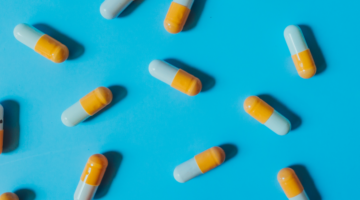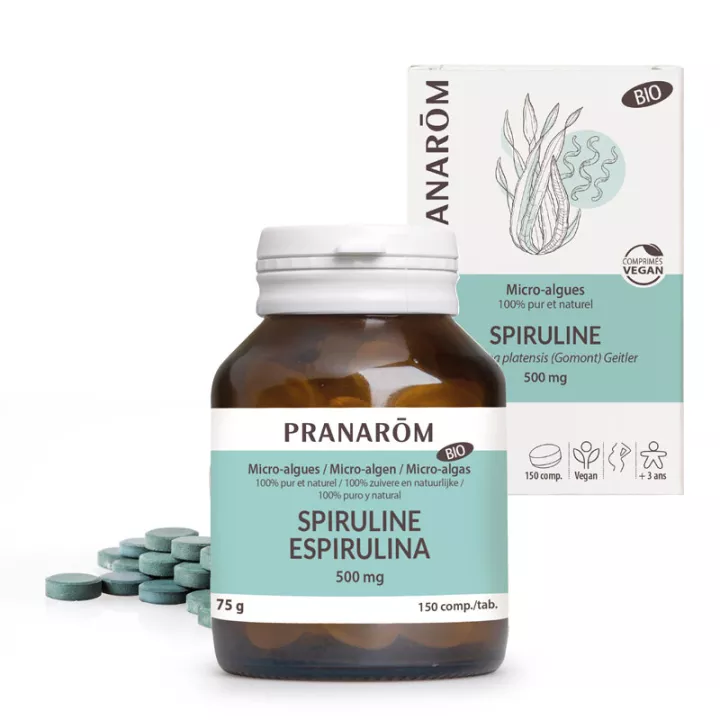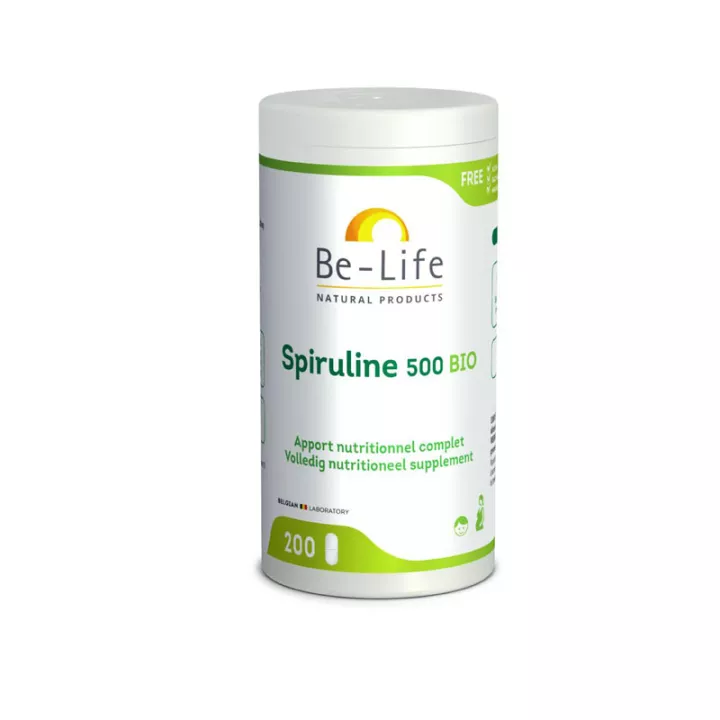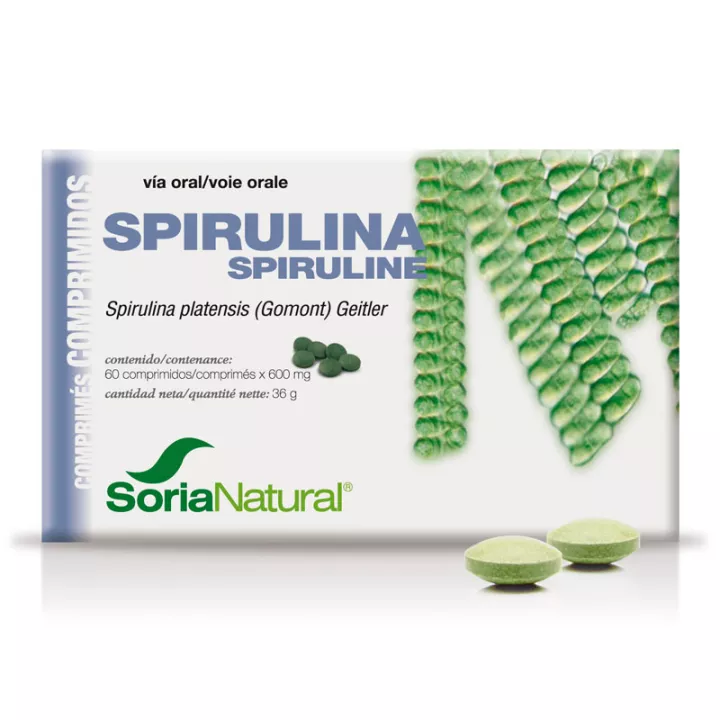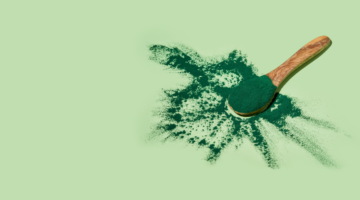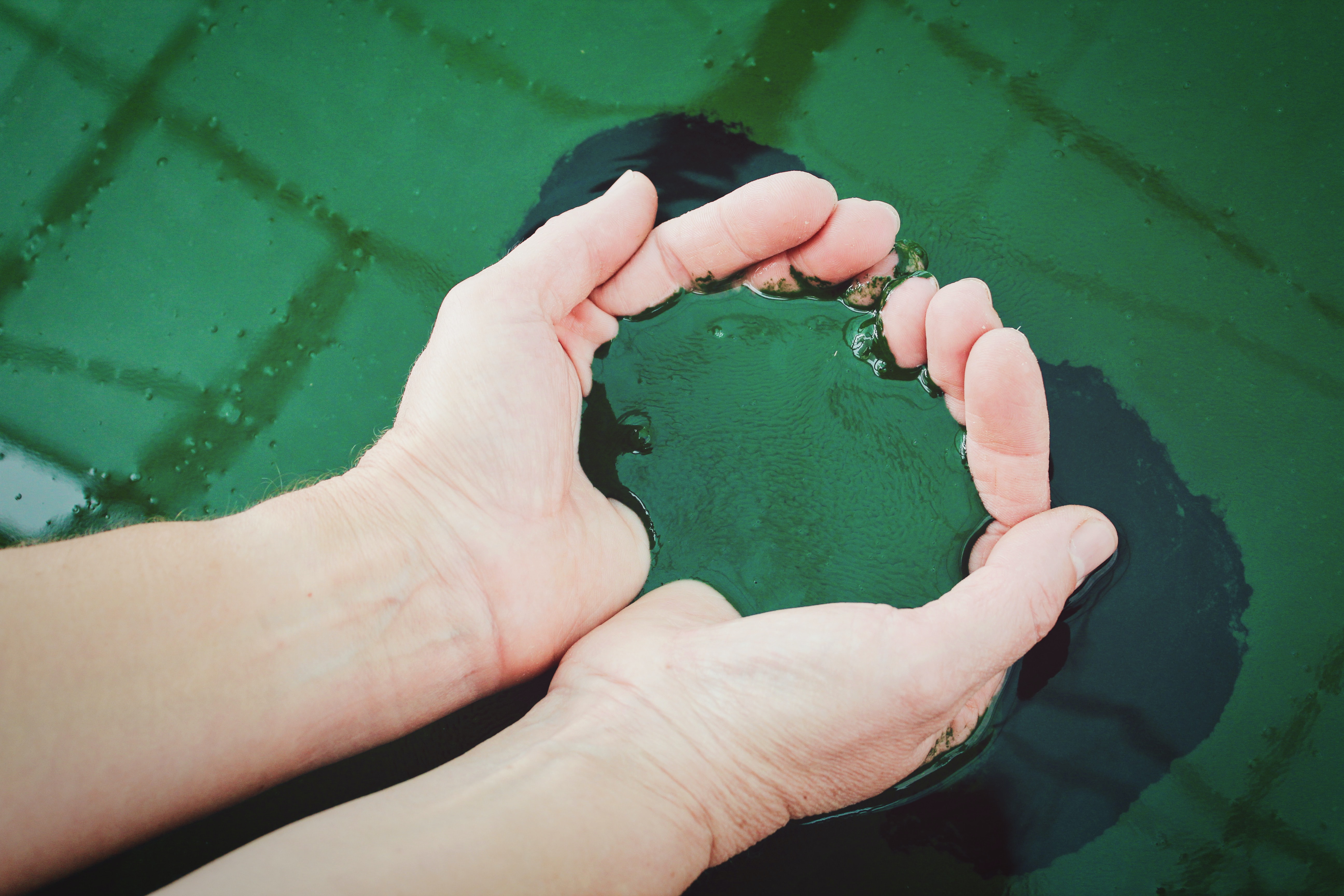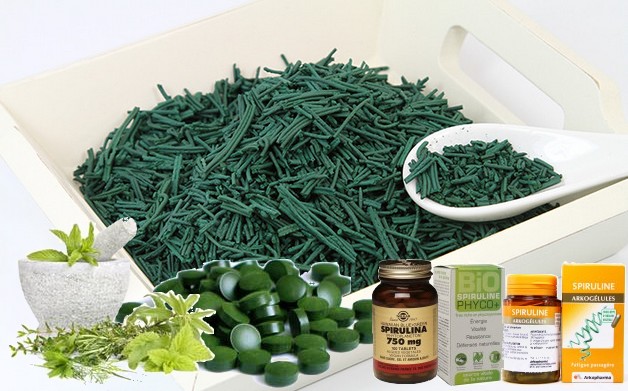Micro Algae Spirulina 500 mg Box of 150 Tablets
Spirulina contains a high amount of protein, which very rare in the plant world, approximately 60 to 70% of good quality protein and well assimilated. All amino acids are present, including essential, these amino acids that the body can not manufacture and that must be provided by food.
The levels of vitamins, minerals and nutrients are quite exceptional in relation to its dry weight. Iron and vitamins B9 and B12 are present and help to correct iron deficiency. Spirulina contains a large number of pigments, which are also antioxidants such as carotenoids, chlorophyll, polyphenols and phycocyanin.
Micro Algae tablets 100% Natural
To support a restrictive diet, it can help lose weight. Taken before meals, it has an effect "appetite suppressant" and allows less nibbling sweets between meals. It may even be the basis of a regime type 'protein' due to its high percentage of natural plant proteins.
Description Micro Algae Spirulina 500 mg Box of 150 Tablets
Microscopic view, spirulina is in the form of filaments wound spirally, hence its name. This algae is characterized by exceptionally rich in protein (60 to 70% of its dry weight). Spirulina is proving very rich in B vitamins, beta-carotene as well as essential trace elements such as iron and selenium and minerals; add yet it is an excellent source of alpha-linolenic acid after breast milk and a few oils.
The phycocyanin is a molecule that colors a blue pigment the cyanobacteria group and it alone represents 10 to 15% of the dry weight of the algae. Phycocyanin stimulates the production and circulation of stem cells and may, for example, strongly activate the synthesis of red blood cells and white blood cells. Phycocyanin thus proves to be a particularly valuable nutrient to help revitalize a weakened body. In cases of degenerative diseases, viral, autoimmune and of course, as a preventive measure to anticipate the premature aging of tissue due to cellular oxidative stress, which produces destructive free radicals.
Directions for use Micro Algae Spirulina 500 mg Box of 150 Tablets
2 tablets Micro Algae Spirulina 500 mg Box of 150 tablets per day to swallow with a little water.
Micro Algae Spirulina composition of 500 mg Box of 150 Tablets
100% Spirulina microalgae
Micro Algae Spirulina presentation of 500 mg Box of 150 Tablets
Box of 150 500mg tablets.
